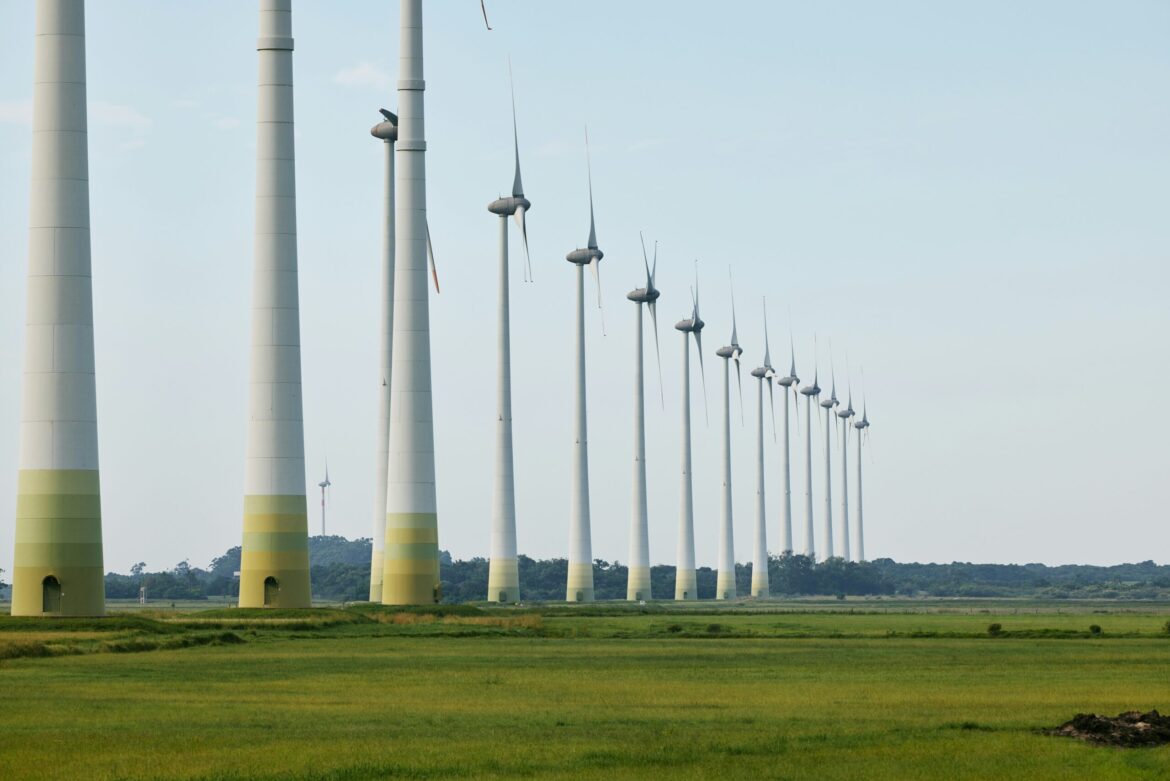On November 6, 2023, Senate Republicans introduced new legislation aimed at blocking President Joe Biden’s proposed expansion of clean energy tax credits, which they argue would unfairly subsidize the renewable energy industry and place a significant financial burden on taxpayers. The bill, titled the “Energy Taxpayer Protection Act,” seeks to repeal provisions in Biden’s climate agenda that would increase tax incentives for wind, solar, and electric vehicle industries.
Senator John Barrasso (R-WY), the lead sponsor of the bill, expressed concerns that the expanded tax credits would contribute to higher electricity prices and force taxpayers to bear the cost of what he calls “unproven and unreliable” energy technologies. Barrasso, along with fellow Republican Senators Ted Cruz (R-TX) and Shelley Moore Capito (R-WV), emphasized that the bill aims to protect American consumers from skyrocketing energy costs while preserving the stability of the country’s energy grid.
“The Biden administration’s plan to increase subsidies for unreliable energy sources is a direct attack on hardworking American families,” Barrasso said in a statement announcing the bill. “This legislation will prevent unnecessary taxpayer dollars from going toward untested green energy schemes and ensure we maintain affordable, reliable energy for everyone.”
The proposed tax credits were part of the Biden administration’s broader efforts to accelerate the U.S. transition to clean energy and reduce carbon emissions, with the goal of meeting climate targets set under the Paris Agreement. These efforts include expanding tax incentives for renewable energy projects, electric vehicle manufacturing, and the construction of charging stations across the country.
Republicans argue that the policies could harm the broader economy, particularly in energy-intensive industries, by increasing costs for consumers. They contend that renewable energy is not yet ready to replace traditional energy sources like oil and natural gas, especially given the current limitations of energy storage technologies and the intermittent nature of wind and solar power.
The legislation has received support from industry groups such as the American Petroleum Institute (API), which has warned that the proposed tax incentives could make fossil fuel industries less competitive and increase the country’s reliance on foreign energy.
“While we support renewable energy development, these tax credits should not come at the expense of American energy jobs and affordability,” API President Mike Sommers said in a statement.
However, the bill faces significant opposition from Senate Democrats and environmental organizations, who argue that increasing investments in renewable energy is essential to combat climate change and ensure energy independence.
“This bill represents a step backward in our efforts to address the climate crisis and transition to a clean energy future,” said a Sierra Club spokesperson.
The outcome of the proposed legislation will likely have lasting effects on the future of U.S. energy policy. With elections approaching, energy policy remains a crucial topic of debate, with Republicans pushing for a balance between economic growth and environmental responsibility.

